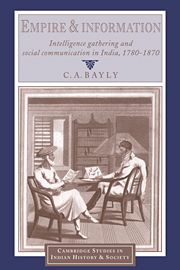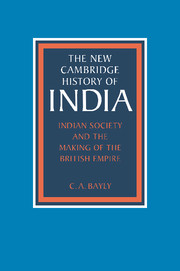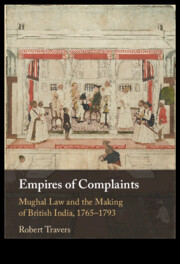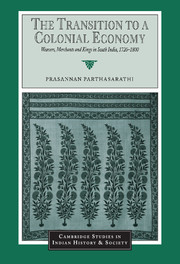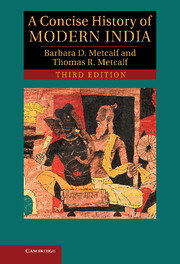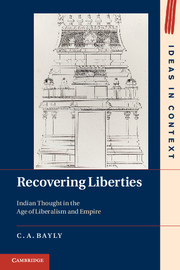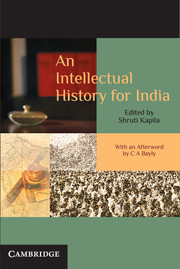Empire and Information
In a penetrating account of the evolution of British intelligence gathering in India, C. A. Bayly shows how networks of Indian spies, runners and political secretaries were recruited by the British to secure information about their subjects. He also examines the social and intellectual origins of these informants, and considers how the colonial authorities interpreted and often misinterpreted the information they supplied. As Professor Bayly demonstrates, it was such misunderstandings which ultimately contributed to the failure of the British to anticipate the mutinies of 1857. He argues, however, that, even before this, India's complex systems of communication were challenging the political and intellectual dominance of the European rulers.
- A classic in the field, considering the evolution of British political intelligence in colonial India
- Author is one of the most important historians of colonial India
- Readership should go well beyond South Asianists and historians of India to colonial historians, anthropologists and sociologists
Reviews & endorsements
"This...delivers far more than it initially promises. C.A. Bayly has produced a fascinating study that marries social, material, and intellectual history and that has implications far beyond this particular period in Indian history." Margaret MacMillan, American Historical Review
"This...delivers far more than it initially promises. C.A. Bayly has produced a fascinating study that marries social, material, and intellectual history and that has implications far beyond this particular period in Indian history." margaret MacMillan, American Historical Review
Product details
March 2000Paperback
9780521663601
428 pages
226 × 153 × 27 mm
0.68kg
3 maps
Available
Table of Contents
- List of maps
- Preface
- Glossary
- List of abbreviations
- Introduction
- 1. Prologue: surveillance and communication in early modern India
- 2. Political intelligence and indigenous informants during the conquest of India, c. 1785–1815
- 3. Misinformation and failure on the fringes of empire
- 4. Between human intelligence and colonial knowledge
- 5. The Indian ecumene: an indigenous public sphere
- 6. Useful knowledge and godly society, c. 1830–50
- 7. Colonial controversies: astronomers and physicians
- 8. Colonial controversies: language and land
- 9. The information order, the Rebellion of 1857–9 and pacification
- 10. Epilogue: information, surveillance and the public arena after the Rebellion
- Conclusion: 'knowing the country'
- Bibliography
- Index.

